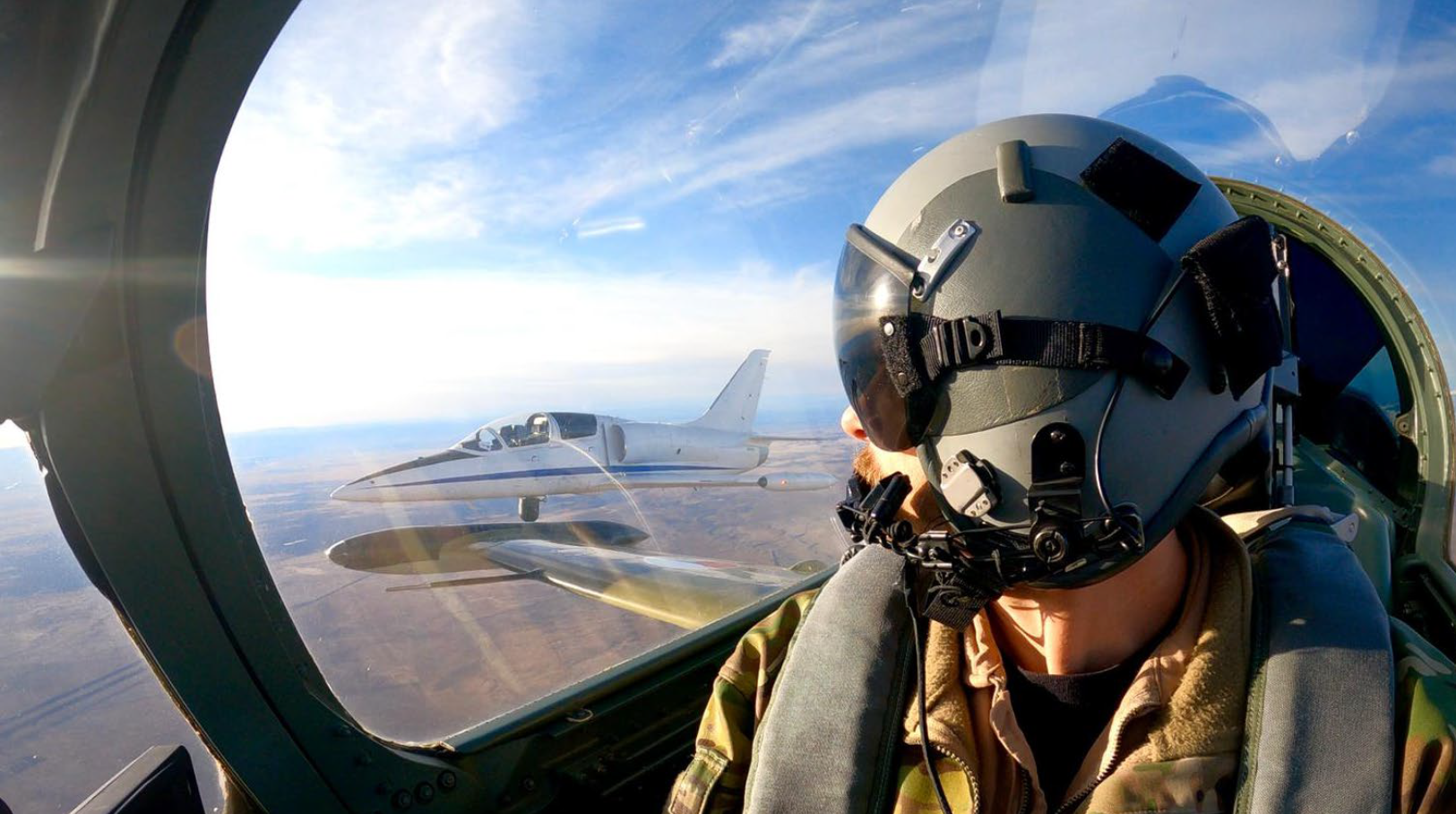Click Here to View This Page on Production Frontend
Click Here to Export Node Content
Click Here to View Printer-Friendly Version (Raw Backend)
Note: front-end display has links to styled print versions.
Content Node ID: 427336
Airo has announced plans to open a new U.S. manufacturing and engineering development for its drones division. The aerospace and defense group announced on July 14 that the new facility and will be used to produce the RQ-35 intelligence, surveillance and reconnaissance platform that is already manufactured in Denmark by its European subsidiary Sky-Watch.
The new facility is part of wider expansion plans at the company, which in June raised $69 million through a long-planned Nasdaq initial public offering. Airo is also focused on growing its involvement in military training and avionics, as well as seeking to enter the emerging advanced air mobility sector with its Jaunt eVTOL subsidiary.
According to the group’s executive chairman and co-founder Chirinjeev Kathuria, Airo aims to take a growing share of increased government investment in military technology on both sides of the Atlantic. In his view, rising defense spending by NATO member states will expand the addressable markets for both support services and uncrewed platforms. At the same time, he feels Airo can capitalize on directives from the Trump administration to boost U.S.-based capability and production.
In response to various Pentagon Indefinite Delivery Indefinite Quantity contracts, Airo’s Training division, consisting of its Agile Defense and Coastal Defense subsidiary, is looking to increase its fleet of fighter aircraft with additions that could include the Czech-built L-39 jet trainer. The group’s CEO, Joe Burns, told AIN he is also looking to acquire a Part 141 flight training school in the U.S. to expand its bandwidth to meet U.S. Air Force training needs.

In June, the company concluded a 90-day training support mission for the U.S. Navy and U.S. Marine Corps. This involved deploying several fighters and modified Cessna twin-engined aircraft for close air support exercises in California, Idaho and Nevada.
Montreal-based Jaunt Air Mobility has shifted focus to prioritize the development of its rotorcraft eVTOL vehicle as an uncrewed cargo platform. It is still working on the four-passenger Journey version of its slow rotor compound rotorcraft design, but feels the air taxi use case is not yet sufficiently established.
According to Airo, the cargo eVTOL will be a one-third-scale version of the Journey and could achieve certification under “drone rules” in 2027. It now expects the Journey itself to be ready to complete certification in Canada under existing CAR 529 rules for helicopters in 2031, based on experience gathered from over 300 piloted flight test hours logged on several demonstrator aircraft.
Burns said that some of the fresh capital raised through the IPO will be made available for product development by Albuquerque, New Mexico-based Aspen Avionics. It is looking to add new sensors, autopilot technology and large-format displays to its portfolio, in part through possible acquisitions.
With the exception of its Electric Air Mobility division (Jaunt), Airo’s three other business units are all now generating revenues that totaled $88 million in 2024. Sky-Watch accounted for $75 million, followed by Aspen Avionics with $9 million and the Training division with $4 million.